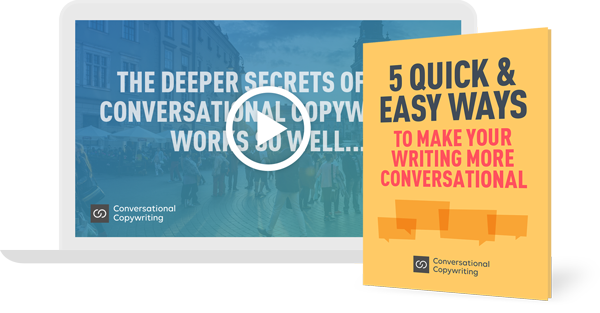
It’s getting harder and harder to figure out who can be trusted online.
Those friends or followers of yours on social media… are they real people or are they bots?
That news item you just read on Facebook… is it true or is it an out-and-out lie?
According to the 2018 Edelman Trust Barometer:
“Globally, nearly seven in 10 respondents among the general population worry about fake news or false information being used as a weapon, and 59 percent say that it is getting harder to tell if a piece of news was produced by a respected media organization.”
When the web was young we thought that honesty would shine through. We felt we no longer needed editors, publishers or other kinds of gatekeepers.
We believed the democratization of the web would ensure that decency and transparency would prevail.
But back then nobody anticipated the size and influence of companies like Facebook and Google. Nor did we ever imagine how readily bad players online would be able to access and manipulate our personal data.
Now we’re at a point where we always think twice before trusting what we read or hear online.
Why building trust is so important for any business online.
In the words of Niall FitzGerald, former Chairman and CEO of Unilever:
“You can have all the facts and figures, all the supporting evidence, all the endorsements that you want, but if at the end of the day you don’t command trust, you won’t get anywhere.”
On the plus side, according to data collected by Intensions Consulting, when people do trust a brand…
- 83% will recommend it to other people
- 82% will use its products and services frequently
- 78% will look to it first for the things they want
- 78% will give its new products and services a change, and
- 50% will pay more for its products and services
Long story short… earning trust for your business is the key to success. Without trust, you’ll be dead in the water.
This is where conversational copywriting comes in…
The way in which you communicate your sales messages has a huge impact on whether your prospects and customers will trust you.
An open, honest and authentic tone of voice will always engender more trust.
If you take a more adversarial, heavy-handed approach… that level of trust falls off quickly.
We know that to be true from our own experiences with being sold to:
- When a close and trustworthy friend recommends a product or service, you’ll likely believe what he or she says.
- When a used car salesman tries to sell you an old beater, that sense of trust instantly evaporates.
According to Judith E Glaser, author of the book, Conversational Intelligence, issues relating to trust are handled by two quite separate areas of the brain.
When we are faced with a pushy and adversarial salesperson or sales message, it’s the amygdala that lights up in response.
The amygdala is the oldest, most primitive part of our brain. It’s where our flight or fight responses are triggered.
Sell too hard at someone and that trigger is pulled. You’re perceived as a threat and the rest of your message is ignored.
But if you communicate and sell in a way that is perceived as being honest, transparent and trustworthy, an entirely different area of the brain comes into play; the prefrontal cortex.
The prefrontal cortex is involved in personality expression, moderating social behavior, and decision making. It’s the “thoughtful” part of our brain.
If you want to make a sale, this is the part of the brain you want to stimulate.
Conversational Copywriting is the key to building trust and driving more sales.
In a world where trust in companies can no longer be taken for granted, it’s essential that we don’t risk the trust that does exist.
Put simply, in a low-trust environment – like the web – you can no longer risk the heavy-handed, hard-sell approach.
Do that and your prospects’ amygdalas are going to to light up like the Fourth of July. And they’ll run.
When trust is low, you have to take a more open, transparent and conversational approach.
And that’s why every marketer and copywriter needs to understand the promise and process of conversational copywriting.
NOTE: If you’d like to add the craft of conversational copywriting to your online writer’s toolbox, find out about the Conversational Copywriting course here…
